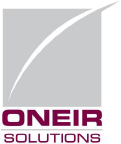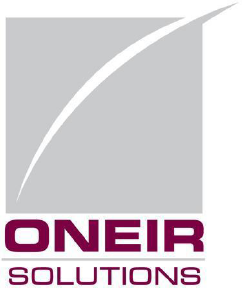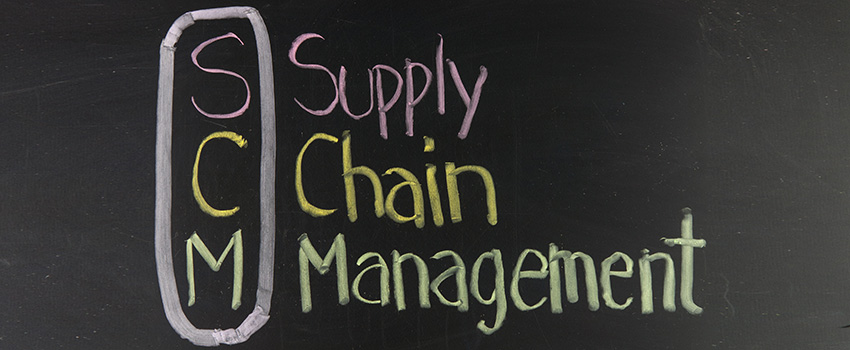The flow of goods and services within an organization is critical to ensuring optimal operations and inevitably substantial profitability. What’s referred to as Supply Chain management (SCM), this includes adequately moving and storing raw materials, inventory that’s still work-in-process, and completed goods from the point of origin to the point of customer consumption.
Supply chain management needs to be an integrated management system that offers a company-wide view of important activities and practices. At the end of the day, supply chain managers must be able to effectively monitor all aspects of the business.
Having an ERP system in place can help provide this vital integration, and here’s how.
1. Managing the Customer Relationship Management
Customer relationship management all begins with the first contact with a client, and is typically initially tracked within a Contact Relationship Management (CRM) system. Within the system is recorded a number of pieces of information, including the client’s name, and a variety of contact info that is then tracked before the initial sale occurs. But CRM is much more than just a collection of data.
After the initial contact, there could be payment terms, contracts, or other documents that need to be tracked. Things such as shipping preferences or special instructions could play a key role in the client-business relationship. An ERP system can effectively accommodate all of this data and keep it centralized.
2. Managing the Supplier Relationship
Effectively managing the business-supplier relationship is much more involved that it may appear. Certainly, purchasing is much more intricate and complex than just placing an order and receiving the goods.
Businesses need to capitalize on the all that vendors have to offer, such as great prices, quick delivery, and other incentives. In addition, quality control and lead times should also be taken into consideration. The overall success of any business depends a great deal on the performance and accuracy of vendors.
Having an ERP system in place for purchasing, receiving, and quality monitoring can help streamline such processes and offer a detailed analysis to better manage all aspects of the business relationship with the supplier.
3. Managing Sales and Order Fulfillments
Regardless of what niche your business hails from, it’s necessary to have a certain level of sales and order fulfillment. Just about every kind of operation necessitates the ability to process orders either via a sales team or through the internet. There’s lots to be done when it comes to fulfilling sales and orders, such as managing the level of inventory, maintaining quality controls, organizing the physical distribution of goods, and scheduling logistics.
These types of activities should ideally be monitored using an ERP system. Managing sales and order fulfillments can be made much more streamlined and convenient with the implementation of an ERP system.
Having an ERP system in place provides the necessary tools for a business to monitor and manage a successful Supply Chain Management organization. And at Oneir Solutions Inc, we’ve got the means necessary to provide your business with the most innovative ERP solution to meet your needs! Visit OneirSolutions.com today to discover how our software can help you improve your supply chain management!



